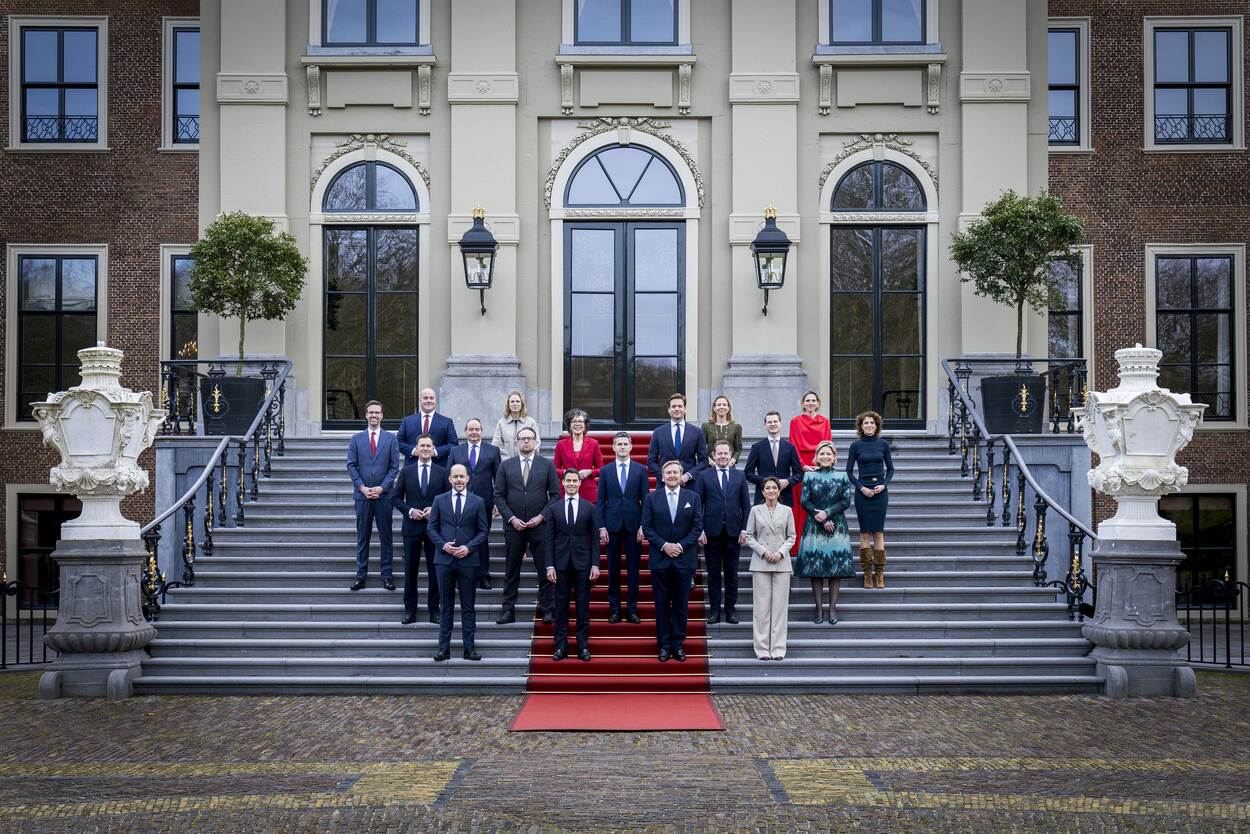Budget day 2025: a solid basis for future choices
Purchasing power will increase among all income groups in 2026. People in the Netherlands will on average have more to spend and poverty will continue to decrease next year. In addition, the government will leave its successor a fully funded budget, providing a solid basis for future choices. These matters are set out in the Budget Memorandum which the Minister of Finance, Eelco Heinen, presented to the House of Representatives today, along with the 2026 Tax Plan.
The Dutch economy and public finances are currently in good shape. Wages are rising and there have never been so many people in work. Nevertheless, the Minister of Finance emphasised that there are challenges that need to be addressed.
‘Our starting position is good. We enjoy freedom and prosperity in a country that is among the world’s happiest. But we need to make big decisions if we want to hold onto that, because we see expenditure rising. The importance of greater investment in defence is clear, given the international turmoil we are experiencing. And spending on healthcare and social security is also increasing. In short, we stand at a crossroads. Let us work together in spite of our differences and do what is necessary for a stronger Netherlands,’ said the minister.
Key measures
Persistent high inflation is pushing up the cost of living. The government is therefore extending the reduction in fuel duties, which will rein in prices at the pump next year. In addition, the educational opportunities scheme will be continued, and there will be no cutbacks to regional public transport in 2026. Also, from 2028, spending on the prison system will increase (with extra expenditure rising to €50 million on a structural basis). In taking these measures the government is responding to key wishes expressed in the House of Representatives.
Extending the reduced rates of excise duties on petrol and diesel until 1 January 2027 will cost the treasury €1.7 billion. This will be offset by, among other things, revenue from the CO2 levy on goods manufactured outside the EU (under the Carbon Border Adjustment Mechanism or CBAM), a lower energy tax rebate than previously announced, and the abolition of a number of specific deductions in the tax relief scheme for non-Dutch employees working temporarily in the Netherlands (extraterritorial cost reimbursement scheme), such as the deduction for land-line telephone costs.
Public finances
The government’s pursuit of fiscal discipline and trend-based budgetary policy is undiminished. The groundwork for the 2026 budget was laid in the Spring Memorandum which already contained, over and above the plans in the framework coalition agreement, substantial investments in areas such as defence (€1.2 billion on a structural basis) and municipalities. These plans have now been incorporated into the Budget Memorandum. All investments have been fully funded by the government from within the budget. This also applies to a number of setbacks relating, for example, to natural gas revenue and EU contributions and stemming from the judgment on liquidation loss relief. The revenue and spending framework balances over the entire budgetary period. This means that the budget is fully funded and no costs are being shifted to the future.
For 2026 the budget deficit is expected to be 2.9% of gross domestic product (GDP). This is an improvement of 0.7 percentage points compared with the 2025 Budget Memorandum. The deficit will fall further to 2.1% in 2030. The national debt is forecast to stand at 47.8% of GDP by the end of 2026 (2.3 percentage points lower than projected last year). This means that the Netherlands will comply with the EU rules on deficits (maximum of 3%) and debt (60%). This also holds true for the years 2027 to 2030 inclusive.
2026 Tax Plan
The Tax Plan includes measures not only to contribute to purchasing power but also to improve the tax system. For example, it will no longer be possible to avoid tax by adding a small amount of dairy to soft drinks and vegetable and fruit juices. Different rates of flight tax will be introduced for short-, medium- and long-haul flights. The tax paid on shorter flights will be lower than that paid on longer flights. But longer flights to the Caribbean part of the Kingdom will come under the lower rate. In addition, further measures will be taken to make the vehicles on Dutch roads more sustainable by incentivising the use of zero-emission vehicles.
Originally published at https://www.government.nl/latest/news/2025/09/16/budget-day-2025-a-solid-basis-for-future-choices




